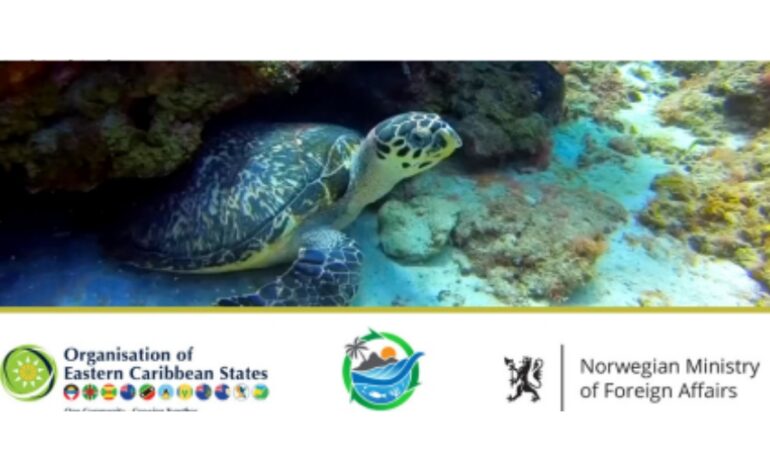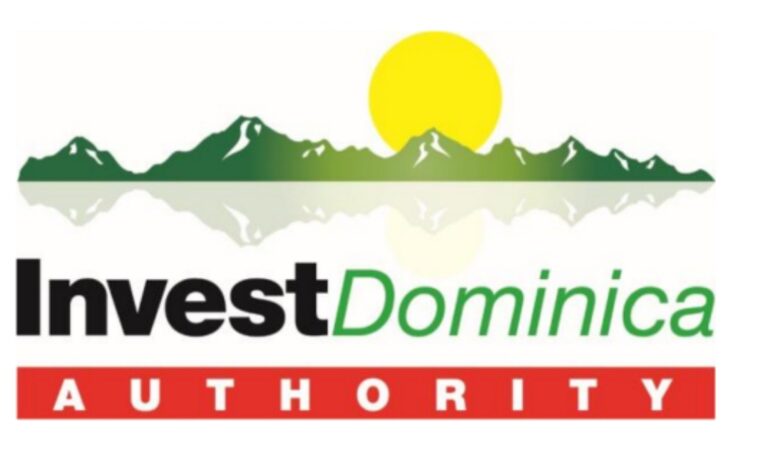
Perhaps nowhere is the ocean economy more germane to social and economic development than in the Caribbean. It directly supports the economies of 37 coastal small island countries and territories, including the OECS. In fact, it is a global hot spot for marine biodiversity.
The case for A transition to the Blue Economy
Since 1990, GDP growth rates of the Organisation of Eastern Caribbean States (OECS) countries have been low, recording low economic growth. Their economies have contracted in the last two years as a result of the COVID 19 pandemic. The outlook of the economic performance over the last ten years for these economies has been bleak, even though they are situated within a significant marine resource.
Although the OECS Member States are small in terms of land mass, they are surrounded by a 500,000 km2 seascape which is approximately 80 times larger than their land areas. It is this realization that has led them to conclude that the blue economy offers an unprecedented opportunity for strengthening the region’s economy and closing the gap between poverty and high unemployment rates. OECS governments have all bought into the vision that harnessing the marine resources as well as placing the restoration of the health of marine and coastal economies as a priority, will serve to bolster people’s ability to earn a living, feed their families, protect themselves from extreme weather, and thrive.
Our ocean also plays a critical role in our social development. It connects our populations and markets, and forms an important part of our natural and cultural heritage. It supplies us with nearly half the oxygen we breathe, absorbs over a quarter of the carbon dioxide we produce, and plays a vital role in the water cycle and the climate system.
We are truly small island nations swimming in a large ocean. This natural resource, if well managed, has the potential to make a much greater contribution to poverty reduction and shared prosperity for the sub region’s population of over five hundred thousand. The ocean may indeed be the frontier for growth for these economies in the coming decades, as these islands look to the Caribbean Sea for new sources of food, energy, and jobs while diversifying their economies to reduce reliance on a limited number of key exports. Yet that potential is both under threat, and underutilized. In addition to the impacts of overfishing, coastal development, and climate change, one other key issue impacting the marine resources in the OECS is the inappropriate management of waste, particularly plastic waste.
Therefore, at the same time that the countries are looking to the ocean as a new frontier for food security, poverty reduction, and economic growth, OECS countries have a double imperative, which is to restore ocean health and adopt innovative, sustainable and inclusive policies for blue growth. The OECS, with global partners, is constantly seeking new and innovative ways to protect this vital resource for economic prosperity and for future generations.
The OECS Commission, with support from the Government of Norway through the Norwegian Ministry of Foreign Affairs, began the implementation of the Project: Building Resilience in the Eastern Caribbean through Reduction in Marine Litter (ReMLit). The Project is supporting six OECS Member States and has taken concrete measures to reduce marine pollution in the Eastern Caribbean.






